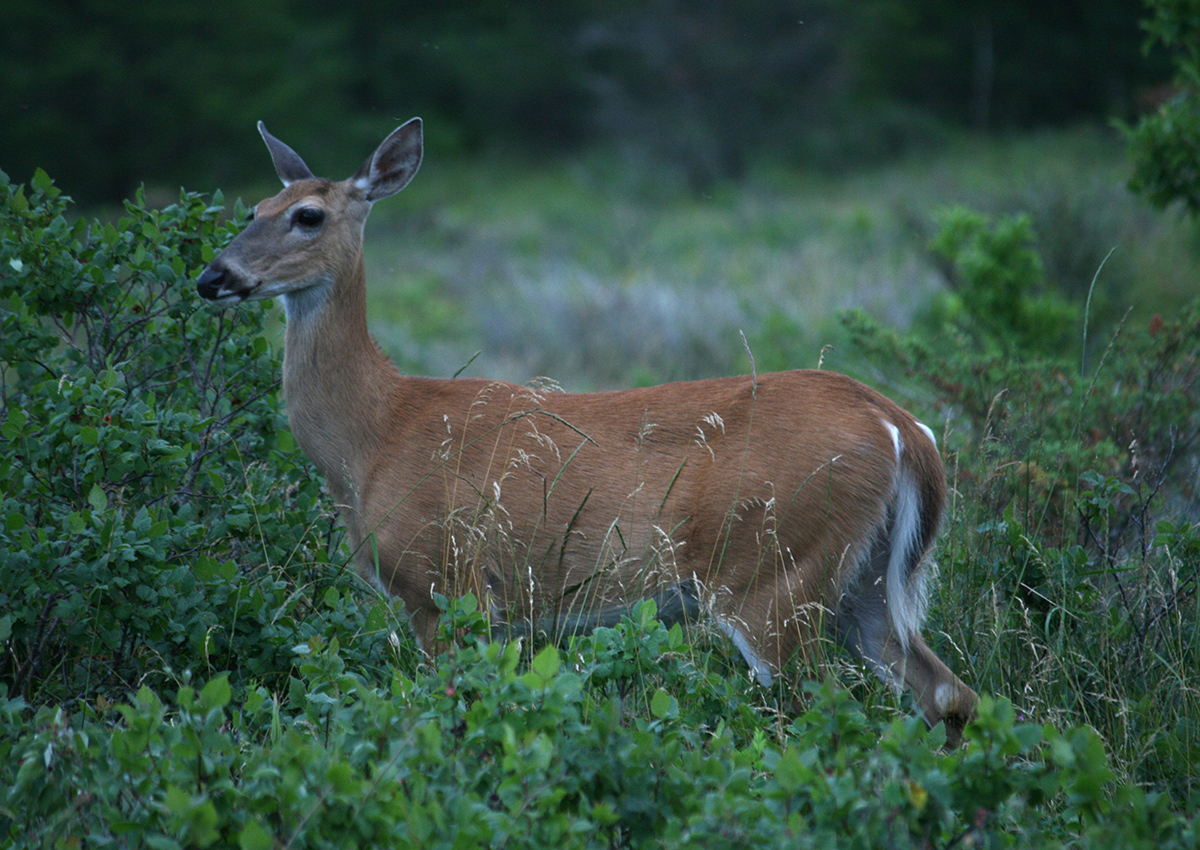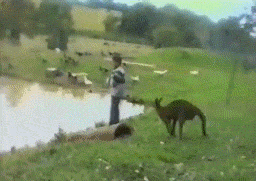Dude I have an ielts score of 8.5 r,8.5 listening, 7 writing and 8 speaking and live in us for 4+ years and did my masters in US and I honestly think English is not a measure of someone's commonsense,I am at work that is why I type like shit,now to your point I am also fsw and waited for 4 months for a draw and 1+ year without any communication so I have gone through it all ,that is the rules of that country to award them more points and similarly humans are about incentives, without any incentive neither you or me wont do all this shit.What do you mean? Will you come to Canada without FSW, I can ask you the same thing. We are playing the same game. So what if PR is my aim? are you a more favorable applicant if you have more noble intentions loool And btw your english is really poor, I hope its just you typing casually and not reflective of your ability
I said neither you or me wont go to do a pgdm( which is a shit degree) in canada if there is no pgwp after that,I don't understand what triggered you so much.




